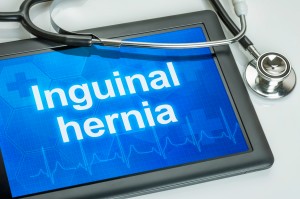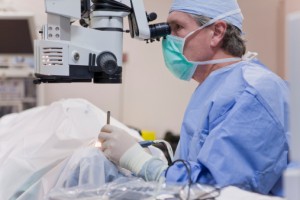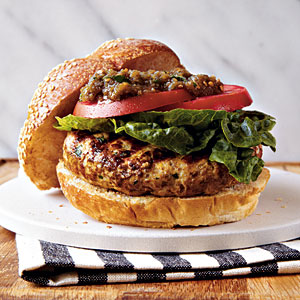 During pregnancy, a woman’s body undergoes a complete transformation. Many of these changes are due to hormonal shifts and altered blood flow. Women may experience several changes in their skin.
During pregnancy, a woman’s body undergoes a complete transformation. Many of these changes are due to hormonal shifts and altered blood flow. Women may experience several changes in their skin.
Often, changes in pigmentation are among the most pronounced skin changes during pregnancy. Dark patches may begin to appear on a woman’s face, particularly along the cheekbone, forehead, nose, chin, and upper lip. This is known a chloasma, or the mask of pregnancy. This occurs because estrogen and other hormones stimulate glands that produce more pigment, but since the pigment is not produced evenly, it results in a blotchy look. While chloasma is not preventable, the effects can be minimized by avoiding exposure to the sun or using sunblock.
Many women also develop acne during pregnancy. This is due to hormonal changes, but is usually not as severe as during adolescence. To combat pimples, simply wash your face with a mild, oil-free cleanser multiple times a day. Avoid abrasive scrubs and exfoliants because your skin during pregnancy is often more sensitive. Check with your physician before using ante-acne prescription medications.
Other skin conditions that women experience during pregnancy include stretch marks, heat rash, spider veins, and the development of a reddish hue to the palms of your hands and soles of your feet, known as palmer erythema.
Regardless of the issue, skin conditions during pregnancy will improve or resolve within weeks or months after your baby is born.
To minimize adverse skin conditions during pregnancy, try following the “pregnancy diet”, a diet that offers women just the right balance of nutrients during pregnancy. Other suggestions include drinking plenty of water and only using “noncomedogenic” and unscented makeup and skin care products. A supplement of B6 might also be helpful for someone with severe skin issues.
For more information about changes to your skin during pregnancy, speak to your obstetrician. If you do not have one, you can make an appointment at Flushing Hospital Medical Center’s Ambulatory Care Center by calling 718-670-5486.
All content of this newsletter is intended for general information purposes only and is not intended or implied to be a substitute for professional medical advice, diagnosis or treatment. Please consult a medical professional before adopting any of the suggestions on this page. You must never disregard professional medical advice or delay seeking medical treatment based upon any content of this newsletter. PROMPTLY CONSULT YOUR PHYSICIAN OR CALL 911 IF YOU BELIEVE YOU HAVE A MEDICAL EMERGENCY.









 America’s expanding waistline may be responsible for another growing problem in our country – sleep apnea. Approximately 18 million Americans suffer from sleep apnea and many of them are overweight or obese. In fact, the most common cause of Obstructive Sleep Apnea in adults is obesity.
America’s expanding waistline may be responsible for another growing problem in our country – sleep apnea. Approximately 18 million Americans suffer from sleep apnea and many of them are overweight or obese. In fact, the most common cause of Obstructive Sleep Apnea in adults is obesity.